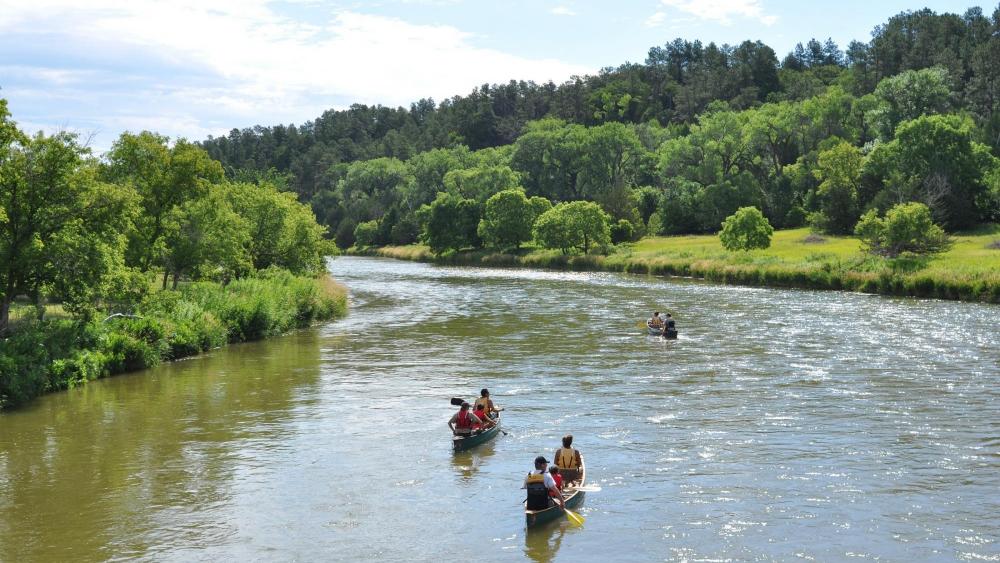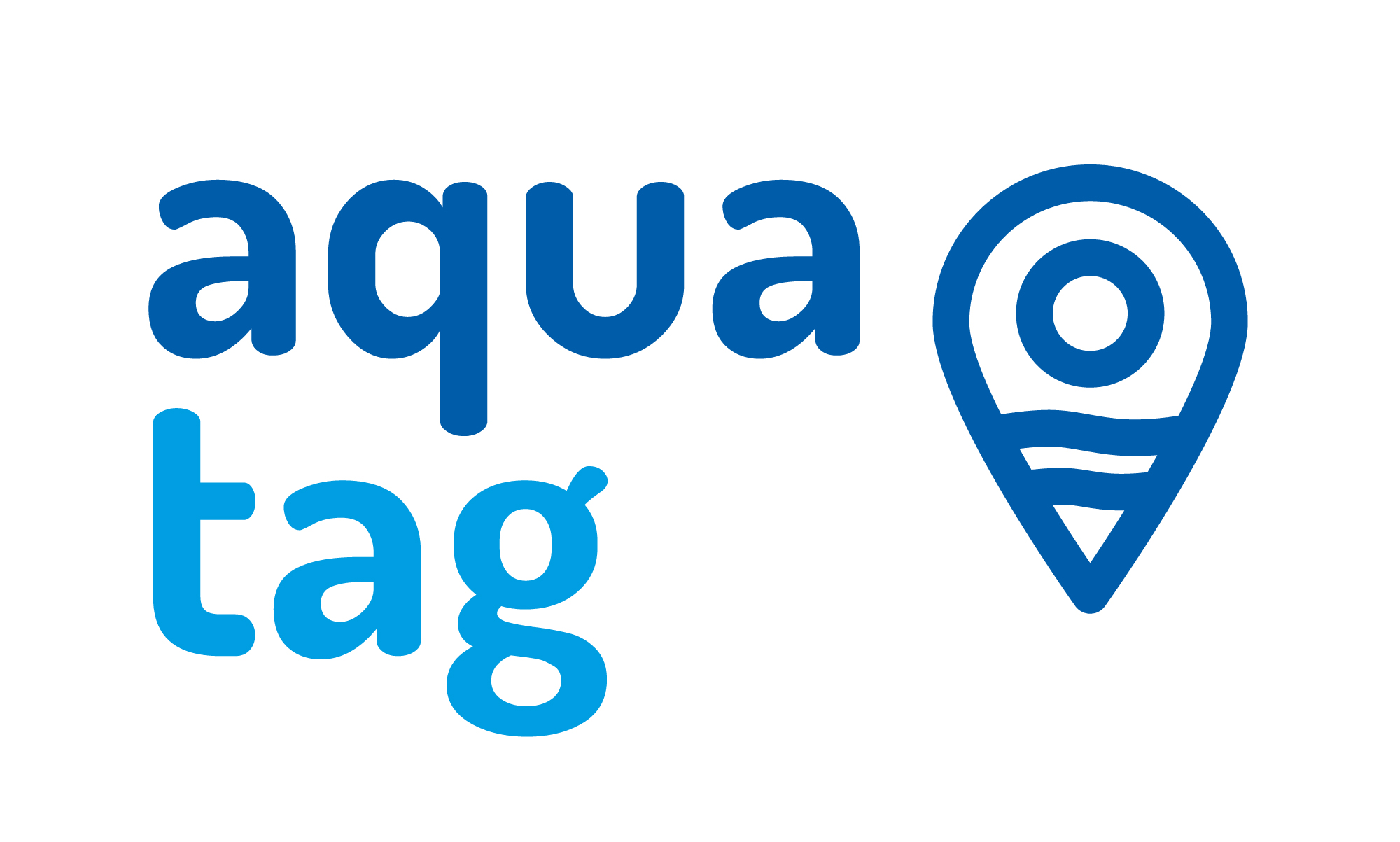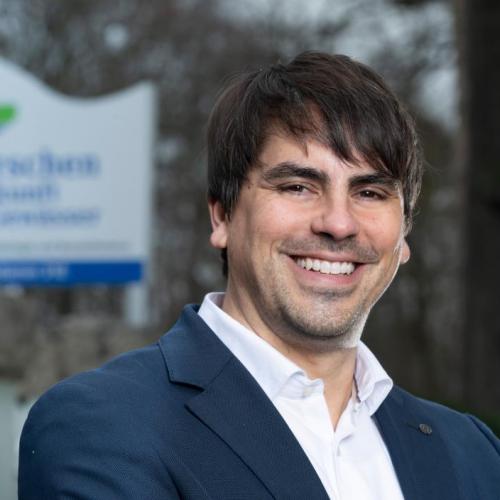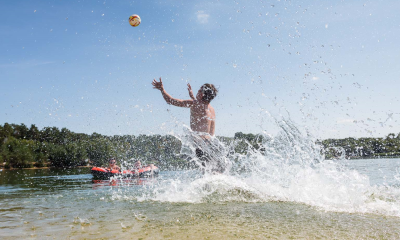
AQUATAG
Short profile
Duration

Photo: Pixabay
Daily recreational activities on rivers and lakes are of enormous importance in our society. Recreational use depends on the quality of the water, but can also have a negative impact on it. Properties such as water quality, natural environment and infrastructure, accessibility and visitor density define the attractiveness of a water body. However, this can be evaluated very differently by different user groups and individuals of a group. A central assumption of the project is that quality of use and ecological quality can be recorded via the common interface "Ecological and social carrying capacity". However, the mandatory basis, a systematic, temporally and spatially differentiated recording of the various uses, is not yet available throughout Germany.
The AQUATAG project therefore aims for the first time to harmonise and quantify the uses, effects and preferences of the users of different user groups and to derive new management approaches based on this. In order to make this possible, it is planned to bring together various novel research approaches and data sources at different spatial and temporal levels. Throughout Germany, leisure uses are to be evaluated by evaluating geo-referenced data from social networks as well as a comprehensive evaluation of user information from German sports and leisure associations (e.g. German Rowing Association) and recorded and quantified with representative surveys on user preferences. The temporal and spatial derivation of usage peaks is of particular importance. This information is combined with information on ecological status at water body level in accordance with the Water Framework Directive in order to derive statements on the reciprocal relationships. For a detailed consideration of user preferences and ecological effects, as well as the consideration of possible conflicts of use, various studies at regional level are planned. Detailed studies on activities, ecological pressures and conflicts are planned in the model regions, which will also be supported by participatory modelling. The transfer into practice will be tested in two application regions (Spree/Havel and Diemel) and accompanied by corresponding application partners.
The project follows a definition phase in which relevant practice partners have already been contacted and invited to a first workshop. The following application and practice partners are involved in the project.
Federal Ministry of Education and Research - BMBF
grant number: 02WRM046


 https://aquatag.igb-berlin.de
https://aquatag.igb-berlin.de





